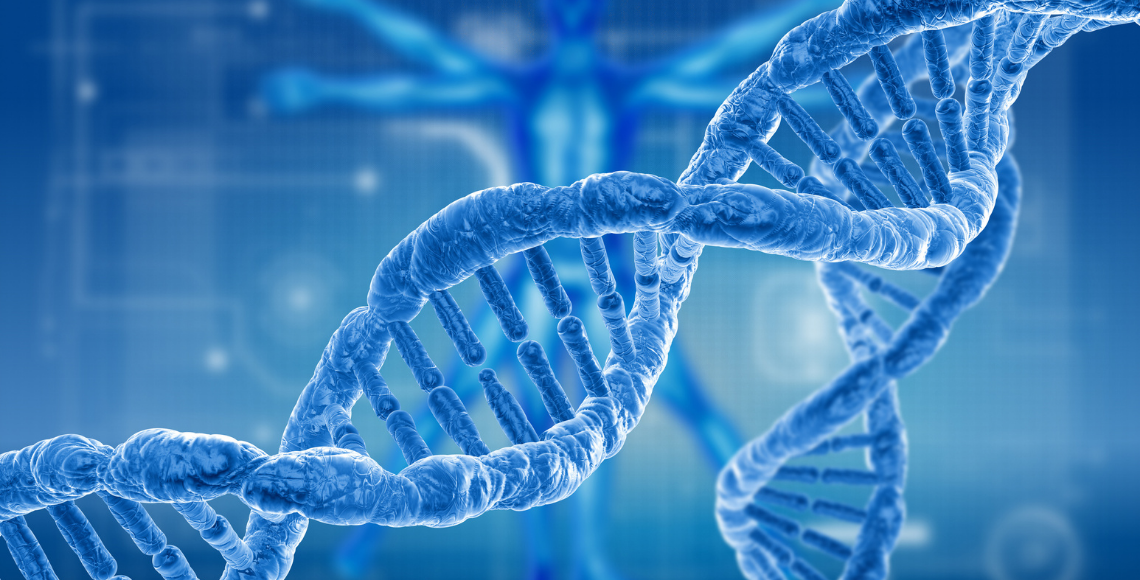Capturing the genetic basis of responses to anti-depressants
Antidepressant drugs are effective for treating depression. However, only a third of individuals respond well to their first antidepressant. Most patients need different antidepressants, currently based on trial-and-error, to determine which one is beneficial.
Previous research indicates that genetic variation can explain individual differences in antidepressant response. However, genetic studies that test variants across the genome (genome-wide association studies, GWAS) have been unable to identify robust genetic associations with antidepressant response.
Largest genetic assessment of antidepressant response
National Institute for Health Research (NIHR) Maudsley Biomedical Research Centre researchers established an international collaboration within the Psychiatric Genomics Consortium combining samples from across the world. Our team performed the largest GWAS of prospectively assessed antidepressant response with more than 5,000 participants with major depressive disorder. Using data from these participants, researchers are assessing how genetic variants predict remission from depression symptoms.
Genetic risk for depression is weakly associated with poorer antidepressant response. However, genetic risks for other psychiatric disorders may play a larger role in response to antidepressants. For example, the genetic risk for schizophrenia was associated with poorer antidepressant response. Individuals with high genetic risk for autism showed improved response to antidepressants. In the future, clinicians might be able to use autism genetic risk to inform treatment choices.
Individual differences explained by genetic variation
On average, 20-40 per cent of individual differences in antidepressant response can be explained by common genetic variation, highlighting that there is a heritable component to antidepressant response. This provides evidence that further large-scale genetic studies and improved methods for using data have the potential to provide substantial insight into factors influencing antidepressant response.
Using these results, researchers can predict antidepressant response in other patient groups. These are the first genetic association results that can predict antidepressant response. It highlights the potential to capture the genetic basis of antidepressant response and is encouraging evidence that the genetic signal could guide treatment plans for service users.
These studies help researchers and clinicians to identify specific genetic variants that control response to antidepressants, which act as biological clues as to how antidepressants work and how to improve their use. Our research contributes to the evidence base of a strong genetic signal that may guide identification of those who will respond well to which antidepressant, leading the way towards personalised medicine and reducing the need for trial-and-error drug therapy.
IMPACT AREAS:
Developing Resources for Research | National and International Collaboration | Personalising Treatment to Patients







